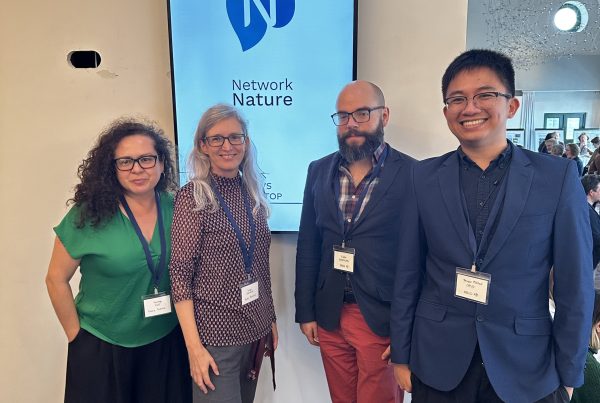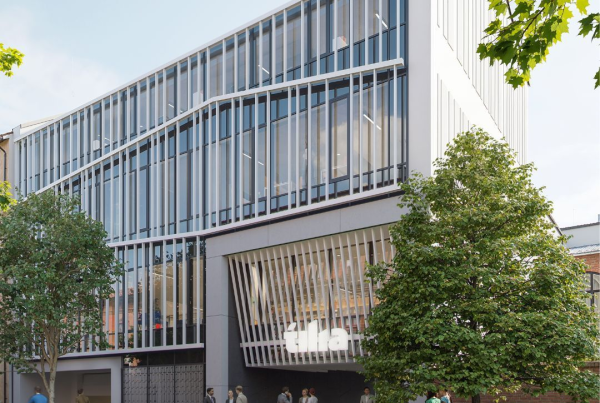SHORT-TERM SCIENTIFIC MISSION FOR POSITIVE ENERGY DISTRICTS (PEDs) DEVELOPMENT
We are extremely proud of our Senior Consultant, Melinda Orova, who just departed to TUDelft in the Netherlands for a one-month Short-Term Scientific Mission (STSM).
The grant is funded by COST (European Cooperation in Science & Technology) Action for Positive Energy Districts European Network (PED-EU-NET). It will provide her with the opportunity to collaborate with colleagues at TUDelft about her research on Key Performance Indicators (KPIs) for regenerative, positive energy district renovation projects.
The EU has been working towards achieving a long-term climate neutral goal with the aim of becoming a role model in energy transition. The newly emerging concept of Positive Energy Districts (PEDs) enables a city-wide positive energy transformation. As the challenge is cross-sectors and domains, the aim of the Action is to facilitate the open sharing of knowledge across all stakeholders at a European level. It will support cities and empower communities to achieve this innovative breakthrough with pioneering ideas, methods and solutions.
Meli summarized the goal of the STSM as follows:
“Our attitude towards the built environment is going through a paradigm shift: targeting sustainability isn’t enough anymore, as it only means to limit the impacts of developments on the environment.
Our new goal should be to create a regenerative urban environment which enables positive impact on our social and ecological systems.
As the majority of the existing European building stock performs poorly in energy efficiency, it is especially important to support this change of approach. Positive energy district (PED) projects are contributing towards this regenerative change. The performance of PED developments is measured by defining Keys Performance Indicators (KPIs). Currently several existing KPI systems are available for sustainable developments, and some exist for regenerative developments (including PEDs) as well. However, most KPI systems give a universal list of indicators that doesn’t consider the possible differences in the different neighbourhoods (by size, density, location etc). Therefore, it is important to investigate how these developed indicators take into account the specificities and unique challenges of different existing neighbourhood typologies.”
Congratulations to Meli! We really look forward to presenting the results of this mission in a couple of months.
For more information, visit PED-EU-NET | COST ACTION CA19126 – Positive Energy Districts European Network (pedeu.net) or COST Action’s website.



